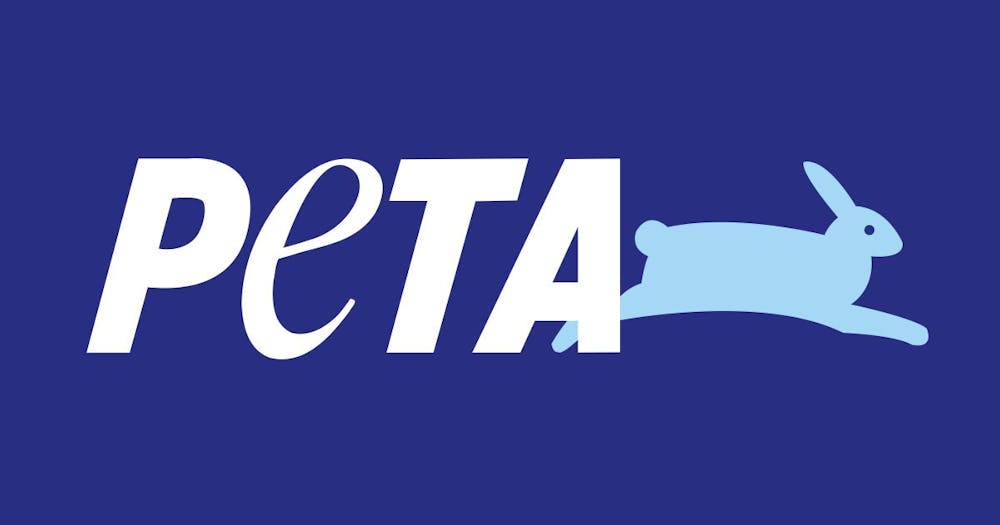
The animal rights organization People for the Ethical Treatment of Animals (PETA) targeted Penn students with a virtual reality experience criticizing scientific animal experimentation last Thursday and Friday.
PETA ran the virtual reality initiative, called “Abduction,” out of a truck stationed on Walnut Street between 34th and 36th Streets from 11 a.m. to 5 p.m on Nov. 10 and 11. Community members were invited by PETA organizers to step into the truck and put on the virtual reality headset that visually chronicled humans being abducted from a desert and being tested on by aliens in an effort to draw the comparison with animal experimentation.
PETA Lead Tour Administrator Marnie Chambless told The Daily Pennsylvanian that the goal of the exhibition was to “put students into the place of animals for a few minutes so they can feel what it’s like to be subjected to experiments.”
Chambless said that 11 community members participated in the experience on Nov. 10, while on Nov. 11, she estimated that there were more than 15 participants.
“It’s a very immersive, high-quality experience. People have been really impressed by that, even if they’re not on board with the whole animal rights message, but pretty much everyone that goes through the experience has said they totally get the point of the analogy,” Chambless said.
Chambless said that PETA has been visiting college campuses because the company wants to help forge connections among young people with animals through empathy. The month-long traveling experience first began at George Washington University on Oct. 17, according to a news release.
“This isn’t something people really think about generally in daily life. If we help college students make that connection now, maybe going into their careers, they’ll be able to consider it,” Chambless said.
The PETA exhibit has also visited some of Penn’s peer institutions before arriving in Philadelphia. At the Massachusetts Institute of Technology, Chambless said students were excited about the virtual reality aspect because of the science focus of the university and added that students were testing robots in the same parking lot where PETA was stationed.
When asked about what Penn is specifically doing in their laboratories that violates PETA’s messaging, Chambless referred the DP to the company press release on the Penn visit.
The statement says that Penn has a long history of experimenting on animals, and Chambless added that Penn experimenters have drilled holes and injected toxic proteins into baby monkeys and piglets. The claims in PETA's press release do not cite specific sources describing Penn's experimentation.
The press release likely references experiments involving piglets conducted by retired Perelman School of Medicine pharmacology professor William Armstead which have since been retracted for falsified information. Armstead's research involved drilling into the piglets' skulls and then hammering into their exposed brains, according to PETA.
The Daily Pennsylvanian is an independent, student-run newspaper. Please consider making a donation to support the coverage that shapes the University. Your generosity ensures a future of strong journalism at Penn.
Donate







